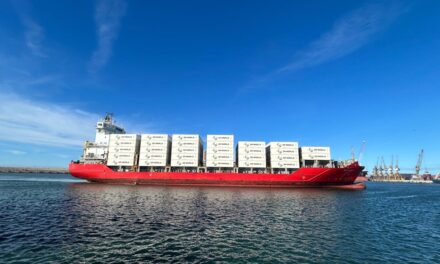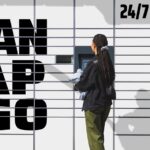
Johannesburg looking for digital solutions for street addressing challenges
The City of Johannesburg is encouraging young Geographic Information System (GIS) developers to “find a digital solution to the many challenges that exist around street addresses and location in the city”. The City authority has launched the “GeoJozi Challenge” in association with Witwatersrand University’s Johannesburg Centre for Software Engineering (JCSE) and mapping software company Esri South Africa.
The GeoJozi Challenge is open to young developers – 30 years old or younger – who are residents of Johannesburg. There will be a cash prize of R150,000 for the winner, as well as R100,000 and R50,000 for the second and third placed entries.
Registration for the competition opened last Wednesday (10 August) and will close on 31 August. Pitch registration will open on 11 September and there will be a pitch day on 8 October.
“An address specifies a point of service delivery and makes the city function better for everyone,” commented the competition organizer on the GeoJozi website. “It is essential for electricity, water, refuse, sewage, emergency services, land ownership, parcel deliveries and countless other critical services and functions. Without a street address and a location, cities cannot look after their citizens effectively.”
To get the ball rolling, the GeoJozi organizers set out some “basic ideas” about “dealing with the issues”, but also advised – or hoped – that “contestants are likely to have their own innovative ideas and solutions as well”. The organizers’ pointer are:
- Can our address capture and verification process be simplified and streamlined?
- Can we use crowd sourcing or gamification for sourcing addresses?
- Could we use augmented reality apps on a smart phone to do a “treasure hunt” for virtual treasures while gathering address and other data for verification?
- What about creating a data marketplace where residents can use their smartphones to gather bits of data for a reward such as airtime, points or other items of value?
- What about validating street address data using outside sources e.g. Google Street View, satellite imagery or equivalent sources?
- Maybe the ways in which routing to addresses is done needs innovation? e.g. GPS navigation, signage, etc.









